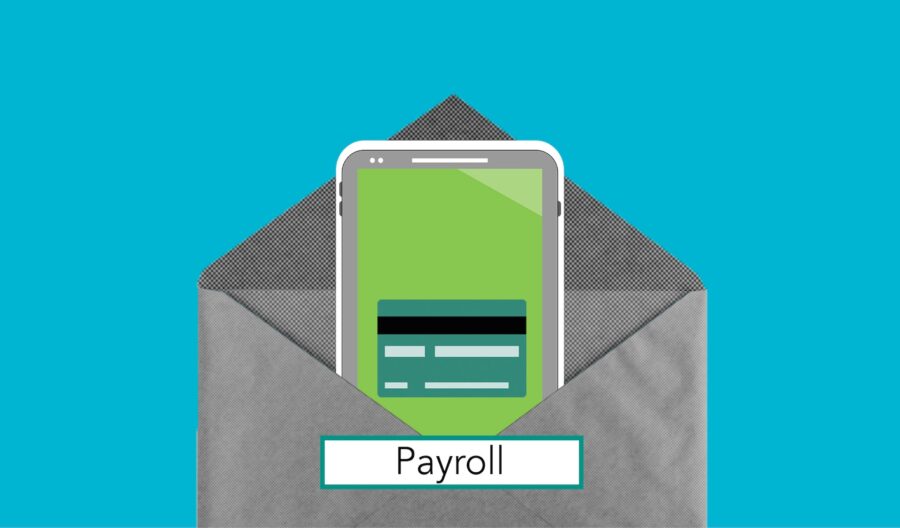Things to Be Considered When Setting Up a Household Payroll

When setting up a household payroll, there are many different things to consider. You’ll need to consider Form I-9 and Social Security withholding, pension payments, and employing a child. Then there’s the question of how to pay employees in cash.
Form I-9
When setting up a household payroll, it is important to comply with the rules regarding Form I-9. When employing a new employee, it is necessary to complete Section 1 of Form I-9. You must ensure that the employee can provide the required documents, including their SSN. If the employee does not have an SSN, it is necessary to attach an explanation to Form I-9. In most cases, you can continue to employ the employee and create an E-Verify case with the SSN when it becomes available. If you are unable to obtain the SSN of a new employee, you must indicate a reason for the delay. You can select a reason from a drop-down list or state the reason in the space provided.
You must comply with federal and state employment laws to hire a household employee. This includes filing Form I-9 and collecting federal employment taxes. In addition, you should report the employee’s information to your state’s new hire reporting agency, which will allow the government to enforce tax liens and child support obligations. Getting a household payroll services to assist you may also be one of your options.
Social Security withholding
A household payroll requires you to pay employees wages and report taxes. You may be liable for the penalty if you don’t withhold the right amount of federal income taxes. You can learn more about the penalty in Pub. 505. In addition, if you don’t withhold the right amount, your employees can be penalized for late filing and inaccurate information.
When setting up a household payroll, you should also consider withholding the employee’s share of social security and Medicare taxes. You can either withhold the money yourself or pay the employee directly.
Withholding on pension payments
When setting up a household payroll, you should include withholding on pension payments. The IRS has rules about how much tax should be withheld from pension payments. Fortunately, most employers already calculate this for you. By including withholding on pension payments, you can avoid underpayment penalties to the IRS.
The amount of withholding to add to pension and annuity payments can be calculated by determining how much you can deduct from each payment. You can use a worksheet to determine how much to withhold. These worksheets can give you an approximate withholding amount based on your marital status and how many allowances you receive. You can also use an alternative table to determine your withholding.
If you’re setting up a household payroll, you can ask your employer to withhold more federal income tax than what you usually withhold from your employees’ paychecks. In addition to withholding on pension payments, you can also request that more be withheld from your employee’s paycheck.
Hiring a child as an employee
Hiring your child as an employee is a great way to reduce your taxable income and enjoy huge personal benefits. This way, you can spend more time with your child and help set them up for success. Also, hiring your child on a payroll allows you to keep track of them in case things go wrong.
Hiring a child as an employee is an excellent way to save taxes, and it also allows you to avoid paying the personal exemptions you normally would have claimed as deductions. However, it would be best if you were careful not to abuse this strategy because the IRS is always on the lookout for taxpayers trying to take advantage of it.
Keeping payroll records
When setting up a household payroll, you must keep records of all employees. These records must be kept for three years. The state of Washington also requires that employers keep payroll records for employees under eighteen for three years. The records must include the worker’s name, address, the amount paid each pay period, and how many hours they worked.
Keeping payroll records for household employees is important for several reasons. It will help you with an IRS audit, help you plan for raises, and keep track of expenses. It’s also the law. The Fair Labor Standards Act requires employers to maintain payroll records for at least three years, although some may be required for longer.